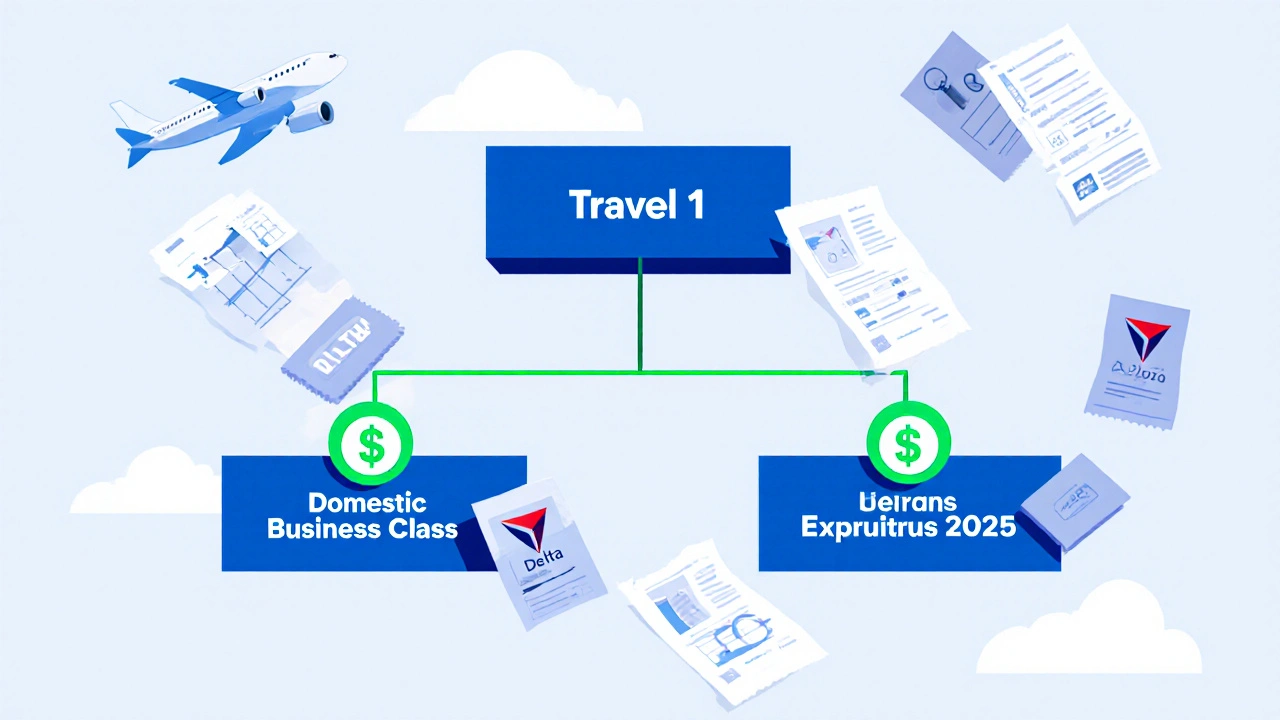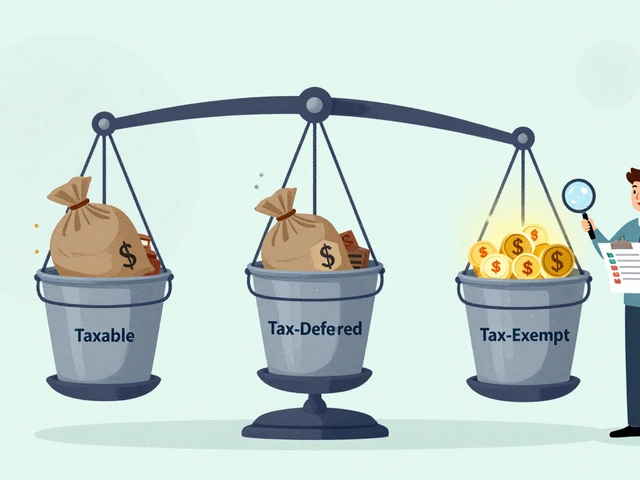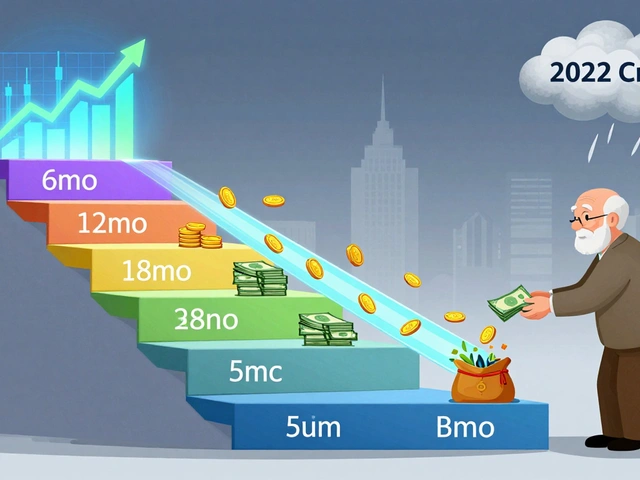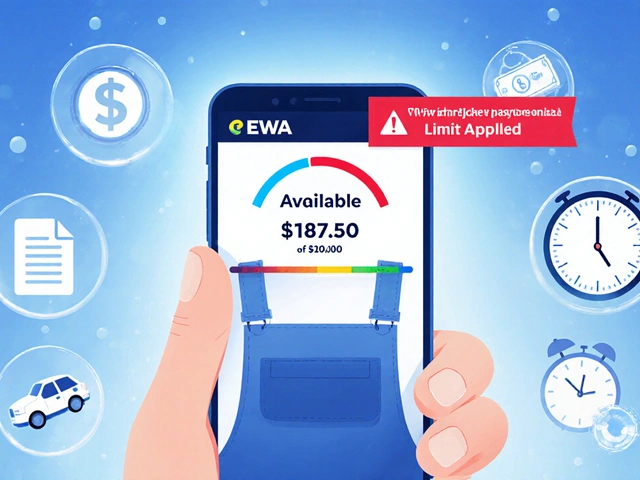Expense Management: How to Track, Cut, and Control Spending Like a Pro
When you hear expense management, the systematic tracking and control of spending to improve financial outcomes. Also known as cost control, it's not about being cheap—it's about being intentional with your money. Most people think it’s just writing down what they spend, but real expense management is about spotting patterns, cutting waste before it hurts, and making sure your money supports your goals—not someone else’s ads or subscription traps.
It connects directly to cash flow, the movement of money in and out of your accounts over time. If your outflows are messy, your returns don’t matter. That’s why smart investors use expense management to protect their investment capital. You can have the best portfolio in the world, but if you’re bleeding cash on unused subscriptions, impulse buys, or hidden fees, you’re digging yourself out of a hole every month. And it’s not just personal—it shows up in business too. Fintech startups, for example, live or die by how tightly they manage operating costs. Licensing fees, underwriting automation tools, even customer support systems—all of these are expenses that need to be tracked, tested, and trimmed.
Think of budgeting, a plan for how to allocate your income across expenses, savings, and investments as the map, and expense management as the GPS. You don’t just set a budget and forget it. You check your location constantly. Are you spending more on banking fees than you thought? Is your emergency fund draining because you didn’t separate accounts? Are you paying capital gains taxes early because you rebalanced the wrong account? These aren’t just investment mistakes—they’re expense management failures. The posts below show you exactly how top investors handle this: from avoiding hidden options trading costs to using tax coordination to keep more of your returns. You’ll see how people use multiple account types to reduce tax drag, why cooling-off periods in wage access programs help control spending, and how automation cuts unnecessary financial friction.
There’s no magic trick. Expense management works when you make it simple, consistent, and personal. It’s not about cutting coffee. It’s about knowing where your money goes so you can redirect it where it matters—your future, your freedom, your goals. What you’ll find below aren’t theory-heavy guides. These are real, tested ways people are taking control of their spending right now—with tools, habits, and strategies that actually stick.





